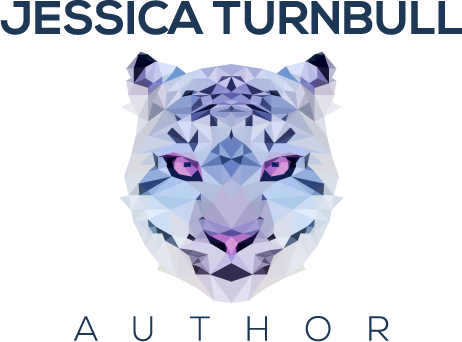Hi all,
I posted a poll on Twitter to help me decide what I should blog about this week. Talking about my outlining process is the winner! Outlining a story means to take your ideas and organise them in some sort of order. For example; plot points, character profiles etc.
Premise.
I start by writing down the barebones of my story. What happens in the book? How will it end? This is usually no more than a few sentences as I go back in and fill in the rest of the details later. Here is very basic the premise of Elemental Dragons #1: Blood and Water:
Main character gets dragon egg at fifteen. Has water element. She gets water markings on her back that only dragons can get. Scientists bring extinct dragon back to life. Extinct dragon goes after the main character using the markings as a beacon.
It's only a few sentences long and let's me get down the basic details of the plot. Adding in other characters, side plots and more details comes later.
Main Character.
When I'm writing the premise I usually come up with a pretty good overview of my main character. I don't have the finer personality details decided yet, but the appearance and name are the first things I decide on. This is how I first described Hazel from Elemental Dragons in my notes:
Hazel Adams (15-18) - Dirty blonde hair, hazel eyes, pale skin, acne, scar from nose to right eyebrow, 5"5 - anxiety. Water. Light blue swirl markings up back and neck.
I have her name, age and appearance done. I've also linked her to the premise by giving her the water element and the markings that will attract the dragon to her. I usually give my characters heights as well just so I can get a general idea of how tall they are compared to other characters. It can be an insignificant detail at first but I find it helps with my writing later. I give all of my characters surnames, even if they aren't mentioned in the book itself.
Main Plot.
Now that I have my main character and the premise, I move onto filling in the main plot details. No matter how much I outline I always end up deviating from what I've planned! So, I try to keep my outlines short and sweet as I know I'll change details later. For Elemental Dragons, the main plot is:
Hazel gets her dragon egg when she moves to Aria, a camp for Elementals. Her egg hatches into a black common dragon, which has never been tamed before. Hazel is looked down upon by others for being a commoner and is often ostracised from certain activities. Hazel starts getting dragon markings on her back and she starts meeting others who also have markings. She joins up with them to find out what's going on. She also has to deal with the Cindaraans, who are recruiting students into their group. The leader wants to know more about the dragon markings and orders Hazel and her friends to report to him. An extinct dragon species is brought back to life by scientists and escapes.
Setting.
Most of my books are set in the UK, so my main location is already decided. Next I decide on where the story will be set and the areas around. For example:
Aria - Elementals camp. Contains cabins, school, shops and hotel.
Arimouth - City near Aria. Mostly an urban area filled with workplaces, shops, housing and government buildings.
Mountains - Area from Draca's memories.
Again, basic descriptions just in case I change my mind!
Other Characters.
Now that I've outlined everything else, I can move onto the other characters in the book! I found the most fun ones to do were the dragons. I had a lot more fun with their designs and their personalities started coming through as I wrote them. Here is the outline profile for Aqueous, Hazel's dragon:
Aqueous Adams - Common Western black, turquoise eyes, markings to face and front feet. Hazel = Water.
Again, short and sweet as I like to develop their personalities while writing.
Write!
Now that I have my outline done, the only thing left to do is start writing! I haven't outlined many of the side plots as I find I change this while writing. So I try to stick to the main plot, though this often goes off course as well.
That's it for this week, I hope you enjoyed reading! See you next week!
PS; looking for some new books to read? Check out the ones in this bundle:











